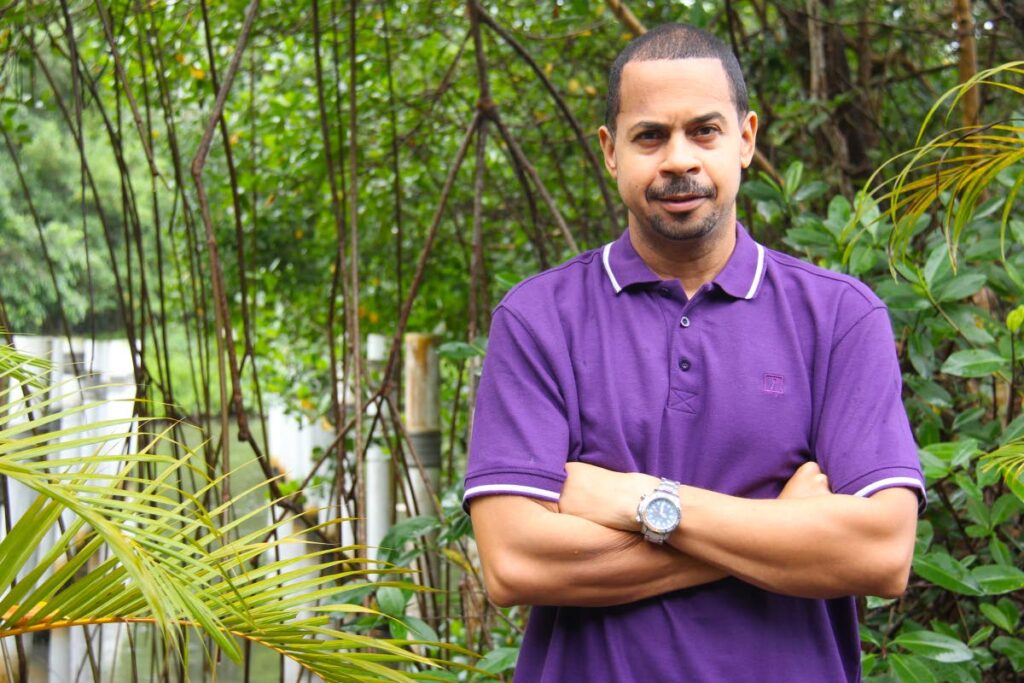A Trini crime story: Here we go again

THE shock. The outrage. The mourning. A woman is slaughtered during a shootout with intruders in Westmoorings and the national conversation, even if only for a minute, is again steered towards the horror of crime and murder in Trinidad and Tobago.
Old vapid arguments take centre stage right on cue: "Give everybody guns yes!" Well, in this instance there was a "good guy" gun in play but that didn't save the life of Nicole Moses.
Had the mathematics been different, with only the subtraction of the two assailants, one might be inclined to agree with the "guns for all" road march. But things didn't work out that way and they rarely will.
Much was made of the fact that one of the killers, Joshua Blackman, had 13 matters before the courts. This prompted some to energetically call for amendments to the Bail Act.
Once again, Trinis never miss an opportunity to miss the point. The belief that some tweak to legislation will roll back the evolution of a murderous society decades-long in the making is precisely the sort of ignorance incompetent politicians thrive on.
No amount of tinkering with the Bail Act will reduce the output of criminal elements from fringe communities.
Crime in TT today is the inevitable product of venal politics, institutional constipation, and the absence of accountability, which are defining traits of our failed society.
When I began my career in the media, I covered countless stories in the many marginalised communities across TT. What always struck me as worrying when I visited these places was the large numbers of aimless young men sitting on street corners in the middle of the day.
Some smoked weed, others played cards. Others still hastily bandaged their heads with T-shirts and threatened our cameraman with violence if he should "take them out" with his camera. These were youths with court matters who obviously had no intention of answering the charges.
There were and still are countless such enclaves across the country where criminals are manufactured through the absence of opportunity, broken homes, and political manipulation. These conditions create an inexhaustible supply of rudderless souls – the substrate for criminality.
The impact of our toxic political culture on the rise of bloodthirsty criminality cannot be underestimated. Politicians engineer a dependency and entitlement syndrome to secure fealty from these communities at election time.
When the authorities struggle to contain the monsters that myopic politics creates, the politicians themselves condemn the people of "hotspot" communities as lazy, immoral and always looking for handouts.
It's also known that governments have had a long-established practice of subsidising the violence that has been growing steadily for the past 30 years. Lucrative contracts are placed squarely in the hands of euphemistically titled community leaders. These contracts can rise to the order of tens of millions.
Then we act surprised when police officers are confronted with sophisticated firearms used by gangs who are so powerful they inhabit and govern an entirely parallel society.
These gangs always need recruits. I have heard credible accounts of gang lieutenants targeting primary schools to encourage young boys to drop their books for the allure of fast money and the exciting badman ethos.
Another major contributing factor is the education system – the same vaunted free education the PNM elites in society hold out as one of the crowning achievements of the party. Many citizens have swallowed the lie that "a school place" and an education are the same thing, much in the same way we consider a hospital bed health care.
The uncomfortable truth is that education is failing countless young people who fall out of the system.
These kids are reprogrammed by hopelessness and are put on a collision course with the rest of us who are just working hard and trying to make our way in this place.
Then there are children who aren't broken by the education system but enter it broken – damaged output of dysfunctional homes and adrift communities. They come to class not with books. but with seething anger, resentment, and confusion.
But sure, let's bellyache about the Bail Act. Let's get more guns in the hands of law-abiding citizens. That will at least allow us to move on with our lives as the elements that feed violent crime continue to grow beyond our control.
When another innocent life is snatched from us we'll repeat the same pointless cycle of ephemeral outrage. It's certainly easier than facing up to the true scope of the challenge.


Comments
"A Trini crime story: Here we go again"